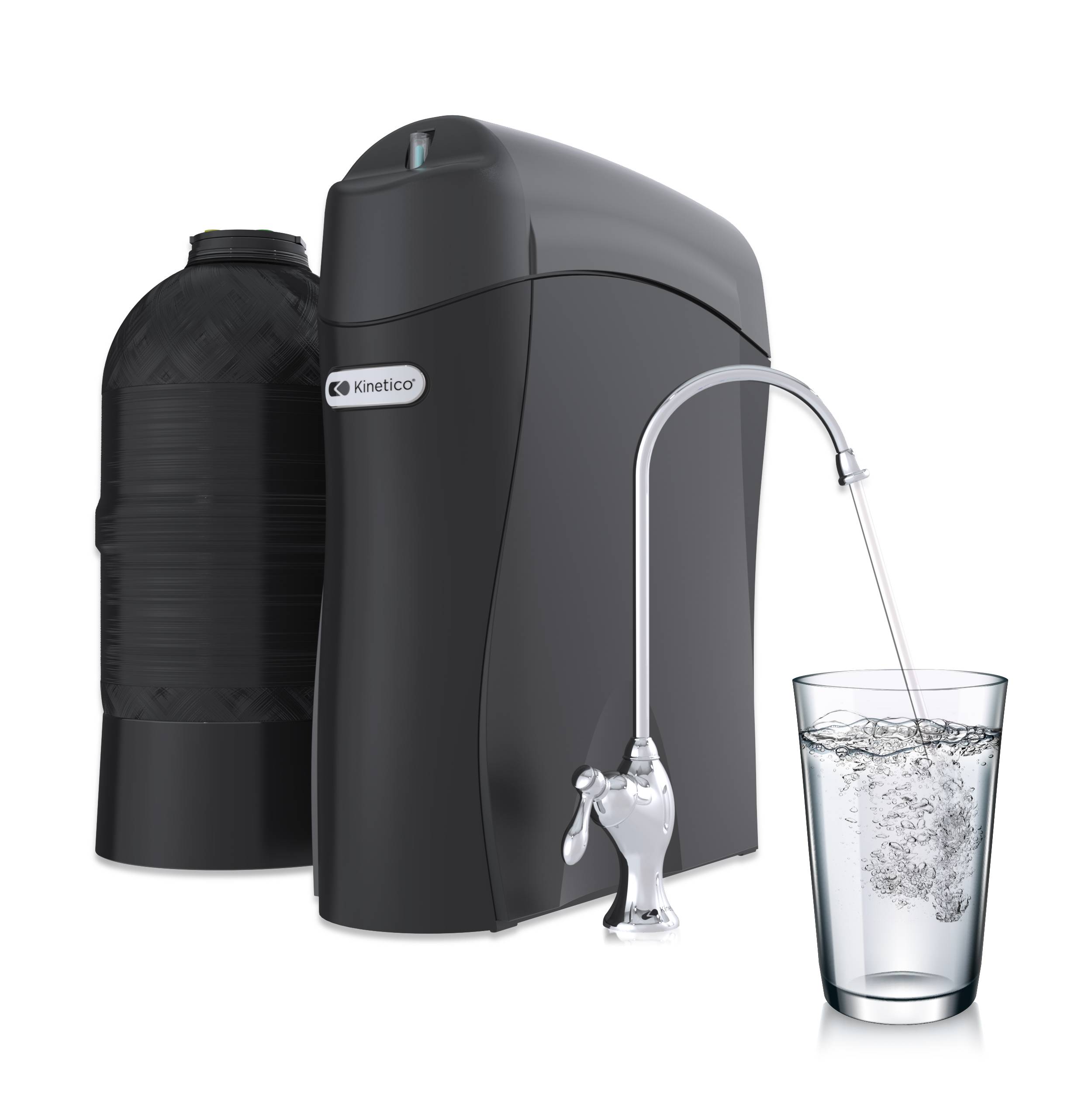The United States Department of Agriculture (USDA) through its Natural Resources Conservation Service (NRCS) has recently issued several news releases that continue to reinforce worries about our fresh water supply. In a May 8th release they confirm that “Across most of the West, snowpack isn’t just low, it’s gone” and they add that for most of the West the snow pack at their monitoring stations is at or near the lowest on record. “Snowmelt inflow into the Lake Powell Reservoir is forecast at 34% of normal.” Lake Powell Reservoir supplies water to much of the Southwest, including Las Vegas, Los Angeles and southern Arizona.
Then on May 14th they announced increased funding for conservation efforts related to the Ogallala Aquifer, which is reportedly “being depleted at an unsustainable rate.” The Ogallala Aquifer was formed over 1 million years ago and covers about 174,000 square miles in several central states as shown in the map below.
Natural Resources Conservation Service – Ogallala Aquifer Initiative
The lack of snowpack and depleting aquifers (the Ogallala is just one of many documented) offer further reinforcement and evidence that we are experiencing and will continue to experience fresh water supply problems across much of the United States and around the world. While this is by no means “breaking news”, what is somewhat out of the ordinary is the state of California’s recently announced Executive Order B-29-15 where Governor Brown has challenged (imposed restrictions on) the urban potable water users to decrease their consumption by 25% over their 2013 volumes through February 2016. This order is quite broad and includes incentives to promote more water efficient appliances, removal of turf lawns in favor of drought compatible landscape designs, new technologies for reuse, among others.
IThe order also attempts to include in the reduction analyses a “per capita” use review so that those areas where good conservation efforts are already being practiced won’t be affected as much as those areas where the use is less efficient. While I tend to be one who is not in favor of allot of big government intervention, I think these efforts are very important and needed. We can’t continue to just put our heads in the sand and wait until we turn on the tap and get no water. It remains to be seen how effective this order will be and how efficiently the policing of such an order can be carried out. But any efforts that move us towards water conservation and increased use of water recycling technologies are very necessary steps in the right direction.



